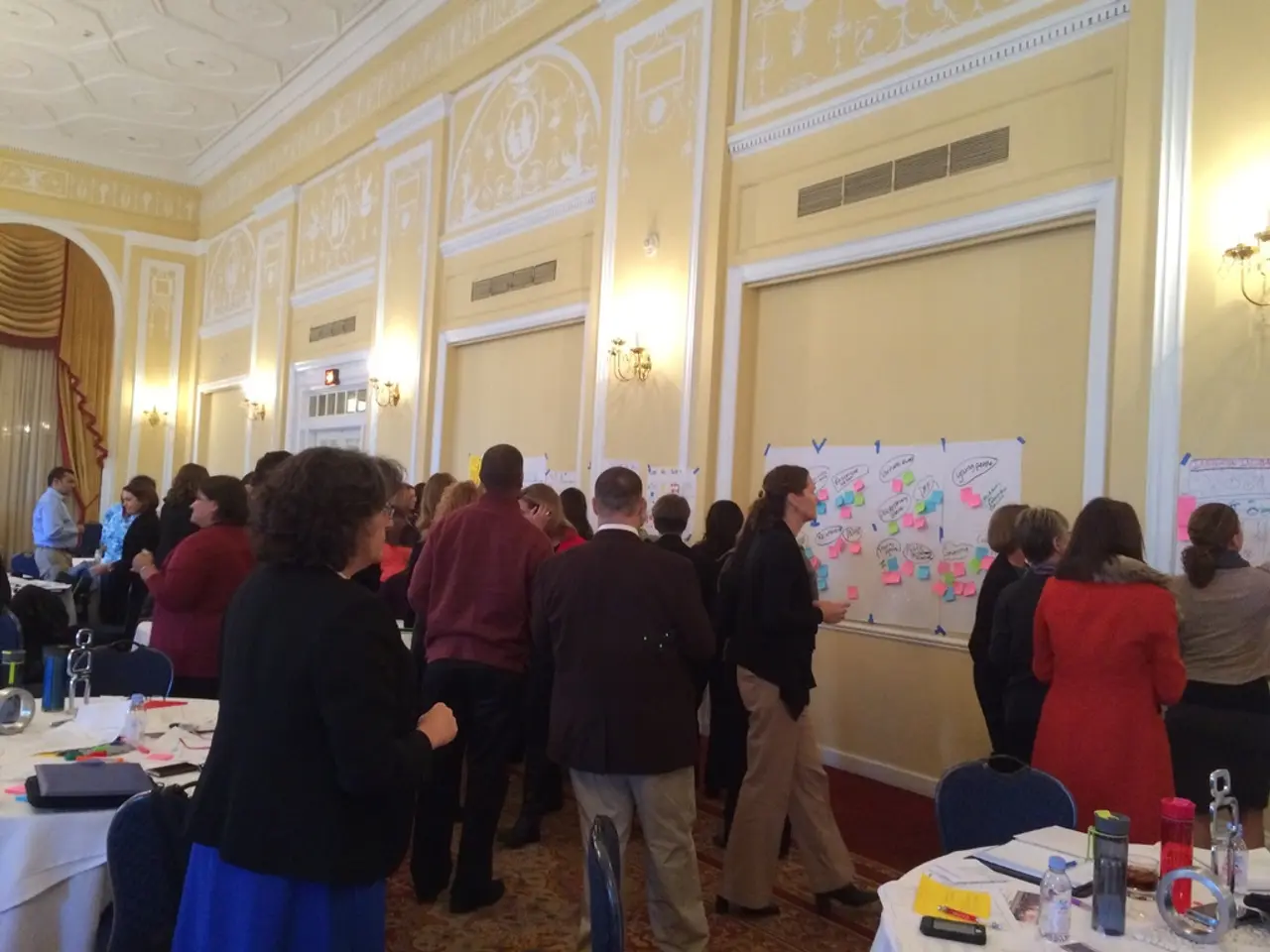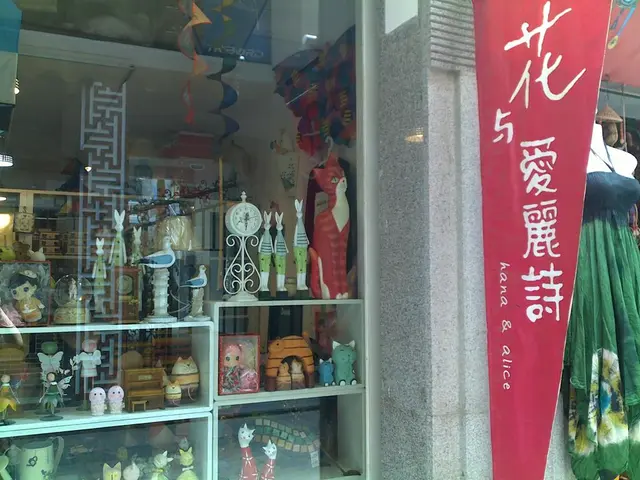Suppressing museums might undermine American uniqueness, advisors caution
In the realm of American museums, a significant shift towards inclusive programming and an honest portrayal of the nation's history has taken hold. A survey by Wilkening Consulting reveals that even conservative museum-goers favour this approach.
The majority of museum-goers, it seems, are eager to learn about multiple perspectives and gain a comprehensive understanding of the country's history. This desire is echoed by Michael Morris, the director of Two Mississippi Museums, who declared that their Civil Rights Museum was created to tell the unvarnished truth about the Civil Rights Movement in Mississippi.
However, this shift has not been without controversy. President Donald Trump posted online in August, directing his attorneys to review the non-profit that runs the nation's flagship, federally funded public museums. The White House's review, launched to ensure the Smithsonian's 'alignment with the President's directive to celebrate American exceptionalism, remove divisive or partisan narratives, and restore confidence in our shared cultural institutions,' has raised concerns among museum leaders.
David J. Skorton, the Secretary of the Smithsonian Institution, has reaffirmed their commitment to honesty in history. He stated that they will not retreat one inch from talking honestly about history and presenting it honestly. The American Alliance of Museums, too, trusts museums because they rely on independent scholarship and research, uphold high professional standards, and embrace open inquiry.
The display of the gun used to lynch 14-year-old Emmett Till at the Two Mississippi Museums, announced in August, underscores the museum's commitment to this approach. The museum director stated that they are simply doing their jobs by presenting an honest portrayal of history.
The key issue at the heart of this controversy is the notion that deep historical rifts continue to impact the country in a negative way. Minimizing or cutting out so-called 'bad' history risks sucking the truth out of America's story and losing compelling pieces of a collective identity. This could potentially have broader consequences, such as diminishing the nation's stature on the international stage.
In the USA, a broad spectrum of perspectives in museums and a comprehensive representation of the country's history are ensured through the interaction of various organizations, including governmental institutions, community groups, and cultural heritage organizations. These collaborations between museums, civil society actors, and academic entities strive to include diverse narratives and underrepresented voices.
Respondents who are less open to newly uncovered historical perspectives have narrower parameters for what they consider 'credible facts,' while those who lean toward more inclusive museum programming have broader parameters. This highlights the importance of fostering an open dialogue and encouraging a broader understanding of history.
As the debate over the role of museums in shaping history continues, one thing remains clear: American museum-goers want a variety of perspectives and a complete picture of their shared past without evident omissions or sugarcoating. They recognize and dislike omissions in curation, and get angry when parts of history are erased, sugarcoated, or glossed over.
In the end, the mission of museums—to educate, inspire, and preserve—may be best served by presenting a full and honest picture of the past, even if it is challenging or uncomfortable. By doing so, museums can help foster a more informed and empathetic society, one that is better equipped to face the challenges of the future.
Read also:
- United States tariffs pose a threat to India, necessitating the recruitment of adept negotiators or strategists, similar to those who had influenced Trump's decisions.
- Weekly happenings in the German Federal Parliament (Bundestag)
- Southwest region's most popular posts, accompanied by an inquiry:
- Discussion between Putin and Trump in Alaska could potentially overshadow Ukraine's concerns








